
Since Rene and I have moved to Portland we have been so excited to follow all the creative endeavors we felt we could not pursue while living in California. And we have been! The things that have been made public, like the current projects on the YouTube channel, are the easiest things to make and get out but only scratch the surface of what we’re hoping to do.
There are lists.
Normally I like lists. They help me keep track of things. You can check stuff off of a list. But when your list gets too long it gets hard to keep up with everything, so you have to prioritize. This is where I break. I’ve been accused of having a “yes” disease where I will say yes to doing things because they sound fun and exciting. I can’t deny that. I’m an enthusiastic person. If I am pitched an idea and I like it then I will want to do it and really commit to it. This can lead to a lack of focus and overcommitment and I’m feeling that right now.
The reason I write about this stuff is to help other creatives and people who are starting out by talking about how I solve problems common to creative people, but this is a tough one for me. So rather than being able to rely on my multiple decades of experience to help figure this out, you’ll actually be on the journey with me as I go – warts and all.
When problem solving the first thing to do, and one of the most important steps, is to figure out what the problem is. Fortunately for us I have already spend time figuring this out:
Lack of Focus.
That’s pretty broad. That’s not going to help. As with acting and performing, specifics are key; so what am I not focused on?
I am not focused on what creative endeavors I want to pursue.
Better. Probably not specific enough, but it’s better. So next step, if I am not focused on the endeavors I want to pursue then the next logical question is what are the those endeavors?
I want to make a living as just an actor again.
Woof! OK, tall order. This is not the easiest time to want to do that and now that we live outside of a major market, like L.A. or NYC, it’s even tougher. Also, this requires a few different steps to do efficiently and effectively:
- Getting a local agent in the PNW.
- Probably time for new headshots.
- Regularly check the breakdowns and submit myself (currently happening)
So, that being said, even though there is some progress on that front I will need to drop this goal down the priority scale…
OK, wait a minute! Why is this – the giant overall goal – getting dropped down the priority scale?!?!?!?
Good question, here’s the answer: Paying Bills.
I hate this answer. I hate it sooooooo much. If I didn’t have to pay bills I’d have so much money (#sarcasm). But rent, electricity, food, internet, etc. all of it requires paying someone and it is impossible to stay focused on your craft and your goals if you are constantly worried about whether or not things are going to be ok at the end of the month.
Thus thusly and therefore, since I cannot rely on acting money to cover said bills at this time, since I am in progress on that goal in a way continues to move it forward even if it is at a slower pace than I would like, I can move it down a few positions and still feel confident that I am not abandoning the goal. #justification (This can be debated in the comments.)
OK, so what’s next…?
I want to generate more content for the YouTube Channel.
OK, again not quite specific enough. I am generating content for the channel. We do LIVE Discussions every week (#shamelessplug) so I need to drill down deeper.
I want to do more sketches and scripted videos for the YouTube channel.
There we go, that’s something that can be a goal! When I look at the channel analytics the things that do best are things that are funny and either scripted or follow a narrative of some kind. Even though I’d love to be a creative person’s guru (I want to share knowledge!) or be able to do “talking-head” pundit style stuff (they are soooo much easier to make) that is not what people come to the channel for they want me discussing Pokemon Battles, Rene singing about the fall, and our niece using Bloody Mary to murder her brother. I want to provide more of these things, but they have been a little tougher to get done. So what do I need to do to make this happen? I need:
- Ideas – We have a bunch of these, a bunch! So what I really need to do is focus on which ones to do first. (Check)
- Time – This is the resource that is completely under my control and I don’t know that I’m parsing out very well. If I really want to do it I can make the time. I find time to do other things and so I know I can do it – I just need to really hanker down and commit. (Check)
- Money – For some of the ideas I need to get stuff:
- Music Rights
- Props
- Specific Equipment
- Crew
Money is rough to discuss because that needs to be prioritized too. Let’s not forget the “Need to Pay Bills” part – so that’s in first position priority-wise. And that takes up most of the funds. Rent, food, car (payment & insurance), health insurance, Frankie (food & meds),… It all adds up, there ain’t much left after that. So when it comes to making these things that do cost we need to find a way to pay for them. YouTube Adpocolypse really affected small channels like ours so we can’t rely on that. Rene and I have started a Patreon account but I understand that in order to grow that we need to have more of the content people really like to watch (see links above). So, if one of the big things holding me back from creating is funding for these projects then I need to raise those funds.
So, in order to do more sketches and scripted content for YouTube I need to raise funds.
There we go, that’s now in a top priority slot.
I’m not going to write about next steps on this in here (I gotta’ keep some mystery about things) but this does help point me in a direction. If you’d like to help get things moving a bit faster don’t hesitate to sign up on our Patreaon #shamelessplug. Or click on the ads, that always helps too!
Is there something you’re working on? Things that you need to prioritize? Let’s talk about it in the comments.
Like this:
Like Loading...

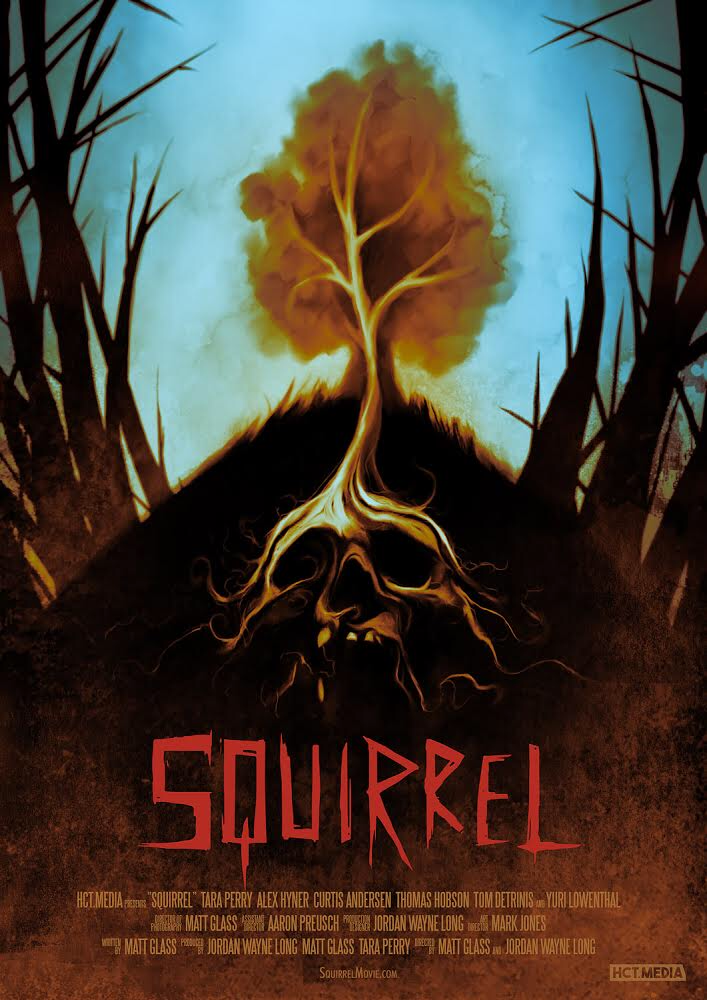
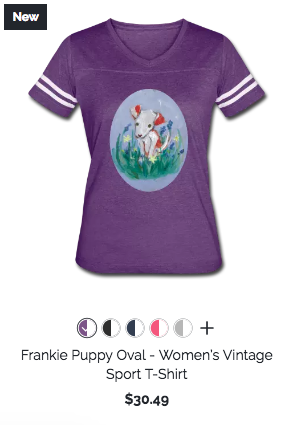
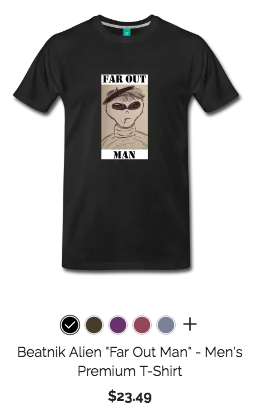
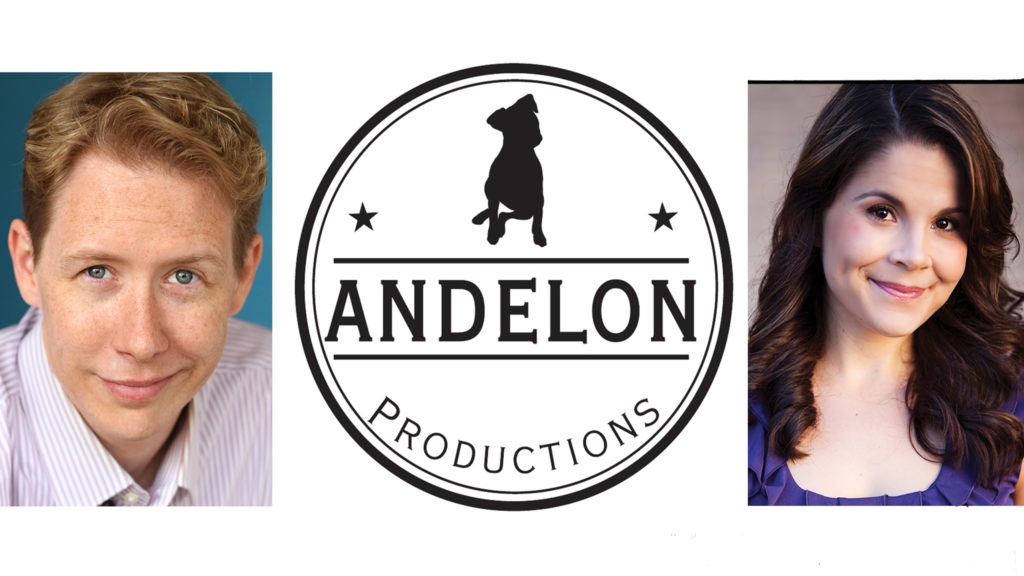
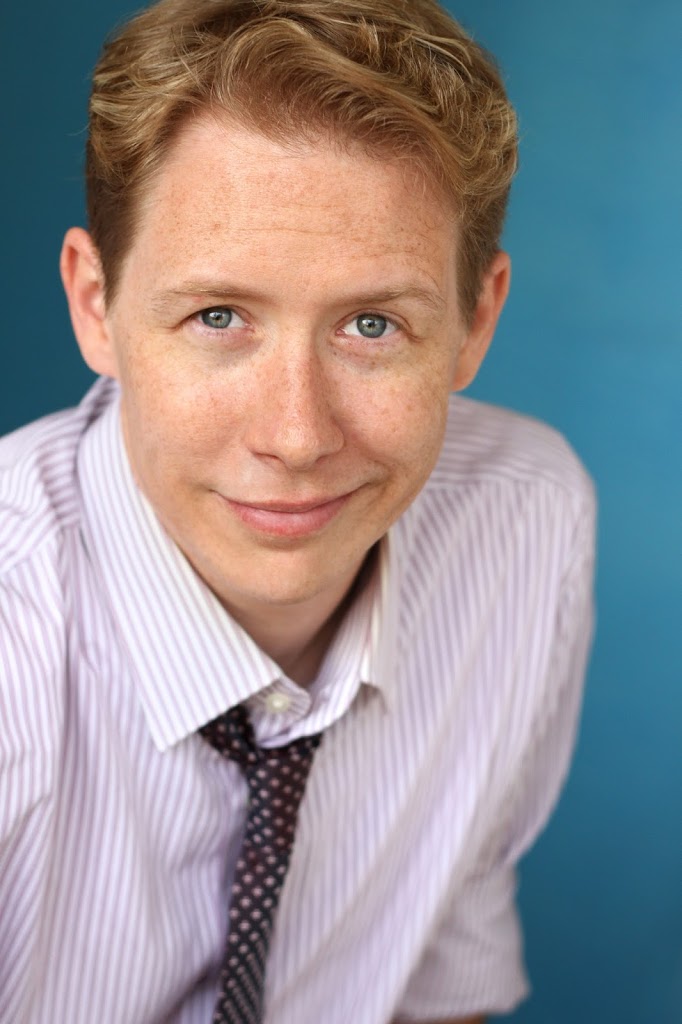

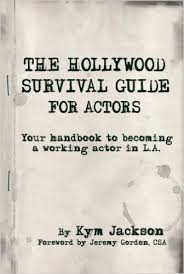
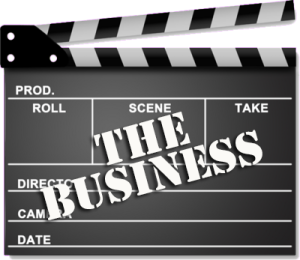
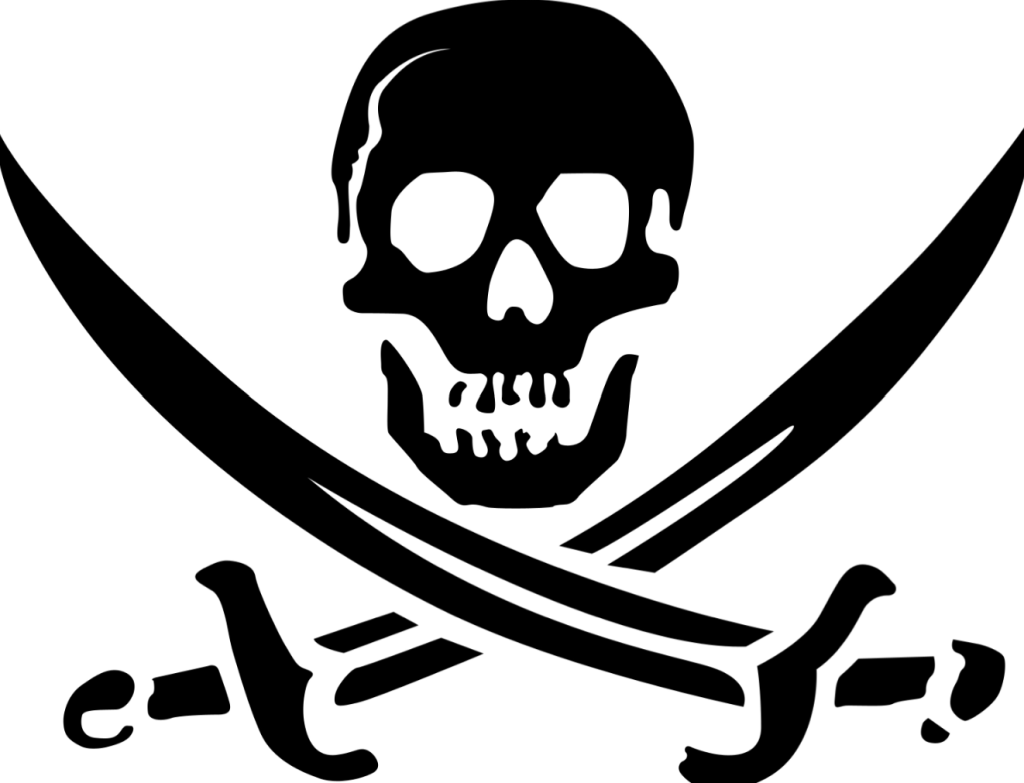
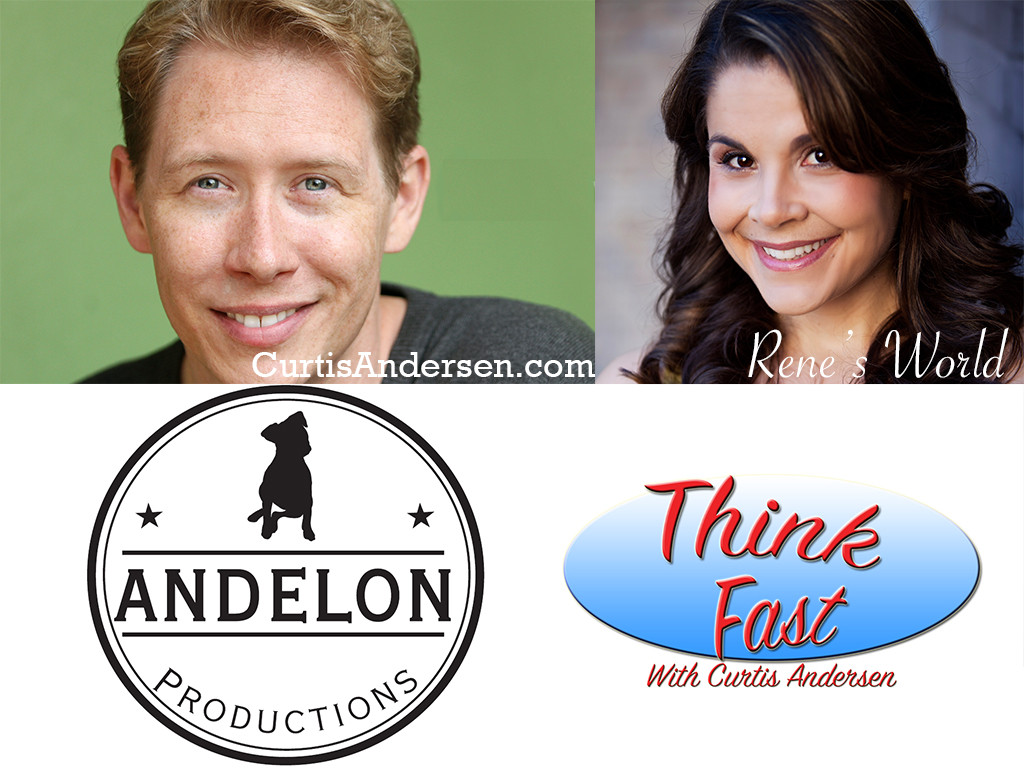
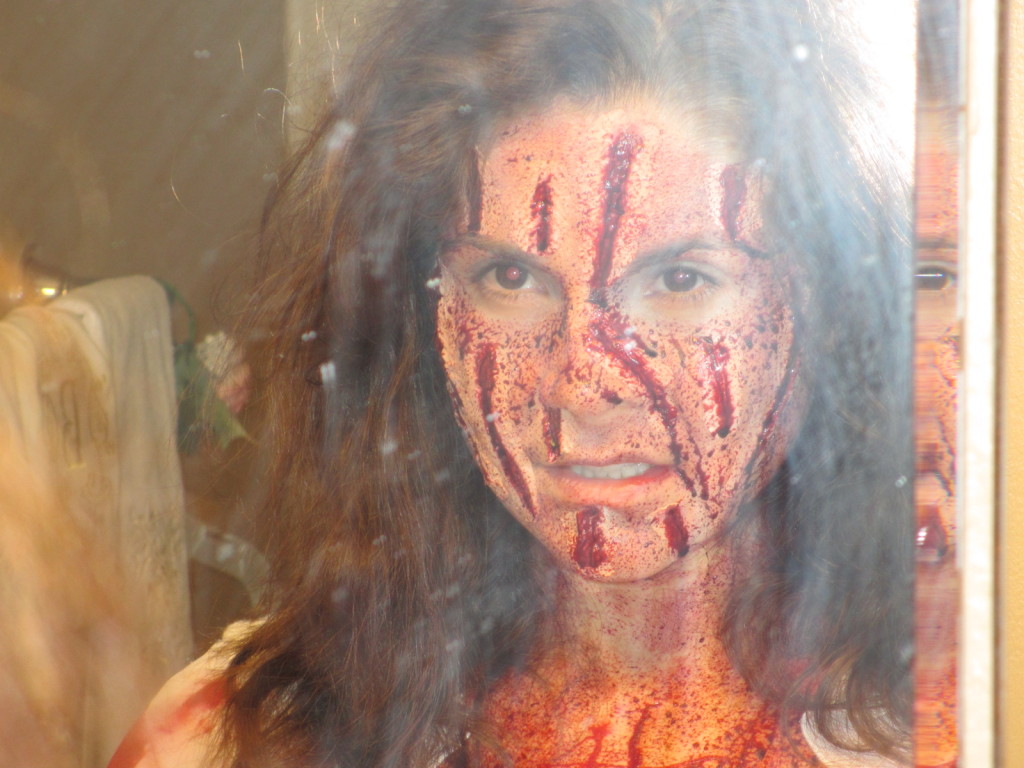
The Creative Storm: Prioritizing the Mess In a Creative Brain
Since Rene and I have moved to Portland we have been so excited to follow all the creative endeavors we felt we could not pursue while living in California. And we have been! The things that have been made public, like the current projects on the YouTube channel, are the easiest things to make and get out but only scratch the surface of what we’re hoping to do.
There are lists.
Normally I like lists. They help me keep track of things. You can check stuff off of a list. But when your list gets too long it gets hard to keep up with everything, so you have to prioritize. This is where I break. I’ve been accused of having a “yes” disease where I will say yes to doing things because they sound fun and exciting. I can’t deny that. I’m an enthusiastic person. If I am pitched an idea and I like it then I will want to do it and really commit to it. This can lead to a lack of focus and overcommitment and I’m feeling that right now.
The reason I write about this stuff is to help other creatives and people who are starting out by talking about how I solve problems common to creative people, but this is a tough one for me. So rather than being able to rely on my multiple decades of experience to help figure this out, you’ll actually be on the journey with me as I go – warts and all.
When problem solving the first thing to do, and one of the most important steps, is to figure out what the problem is. Fortunately for us I have already spend time figuring this out:
Lack of Focus.
That’s pretty broad. That’s not going to help. As with acting and performing, specifics are key; so what am I not focused on?
I am not focused on what creative endeavors I want to pursue.
Better. Probably not specific enough, but it’s better. So next step, if I am not focused on the endeavors I want to pursue then the next logical question is what are the those endeavors?
I want to make a living as just an actor again.
Woof! OK, tall order. This is not the easiest time to want to do that and now that we live outside of a major market, like L.A. or NYC, it’s even tougher. Also, this requires a few different steps to do efficiently and effectively:
So, that being said, even though there is some progress on that front I will need to drop this goal down the priority scale…
OK, wait a minute! Why is this – the giant overall goal – getting dropped down the priority scale?!?!?!?
Good question, here’s the answer: Paying Bills.
I hate this answer. I hate it sooooooo much. If I didn’t have to pay bills I’d have so much money (#sarcasm). But rent, electricity, food, internet, etc. all of it requires paying someone and it is impossible to stay focused on your craft and your goals if you are constantly worried about whether or not things are going to be ok at the end of the month.
Thus thusly and therefore, since I cannot rely on acting money to cover said bills at this time, since I am in progress on that goal in a way continues to move it forward even if it is at a slower pace than I would like, I can move it down a few positions and still feel confident that I am not abandoning the goal. #justification (This can be debated in the comments.)
OK, so what’s next…?
I want to generate more content for the YouTube Channel.
OK, again not quite specific enough. I am generating content for the channel. We do LIVE Discussions every week (#shamelessplug) so I need to drill down deeper.
I want to do more sketches and scripted videos for the YouTube channel.
There we go, that’s something that can be a goal! When I look at the channel analytics the things that do best are things that are funny and either scripted or follow a narrative of some kind. Even though I’d love to be a creative person’s guru (I want to share knowledge!) or be able to do “talking-head” pundit style stuff (they are soooo much easier to make) that is not what people come to the channel for they want me discussing Pokemon Battles, Rene singing about the fall, and our niece using Bloody Mary to murder her brother. I want to provide more of these things, but they have been a little tougher to get done. So what do I need to do to make this happen? I need:
Money is rough to discuss because that needs to be prioritized too. Let’s not forget the “Need to Pay Bills” part – so that’s in first position priority-wise. And that takes up most of the funds. Rent, food, car (payment & insurance), health insurance, Frankie (food & meds),… It all adds up, there ain’t much left after that. So when it comes to making these things that do cost we need to find a way to pay for them. YouTube Adpocolypse really affected small channels like ours so we can’t rely on that. Rene and I have started a Patreon account but I understand that in order to grow that we need to have more of the content people really like to watch (see links above). So, if one of the big things holding me back from creating is funding for these projects then I need to raise those funds.
So, in order to do more sketches and scripted content for YouTube I need to raise funds.
There we go, that’s now in a top priority slot.
I’m not going to write about next steps on this in here (I gotta’ keep some mystery about things) but this does help point me in a direction. If you’d like to help get things moving a bit faster don’t hesitate to sign up on our Patreaon #shamelessplug. Or click on the ads, that always helps too!
Is there something you’re working on? Things that you need to prioritize? Let’s talk about it in the comments.
Share this:
Like this:
Leave a Comment
Filed under actor 101, actor stuff, business, career, commentary, Curtis Andersen, day in the life, Hollywood, in real life, Operation: Television's Curtis Andersen